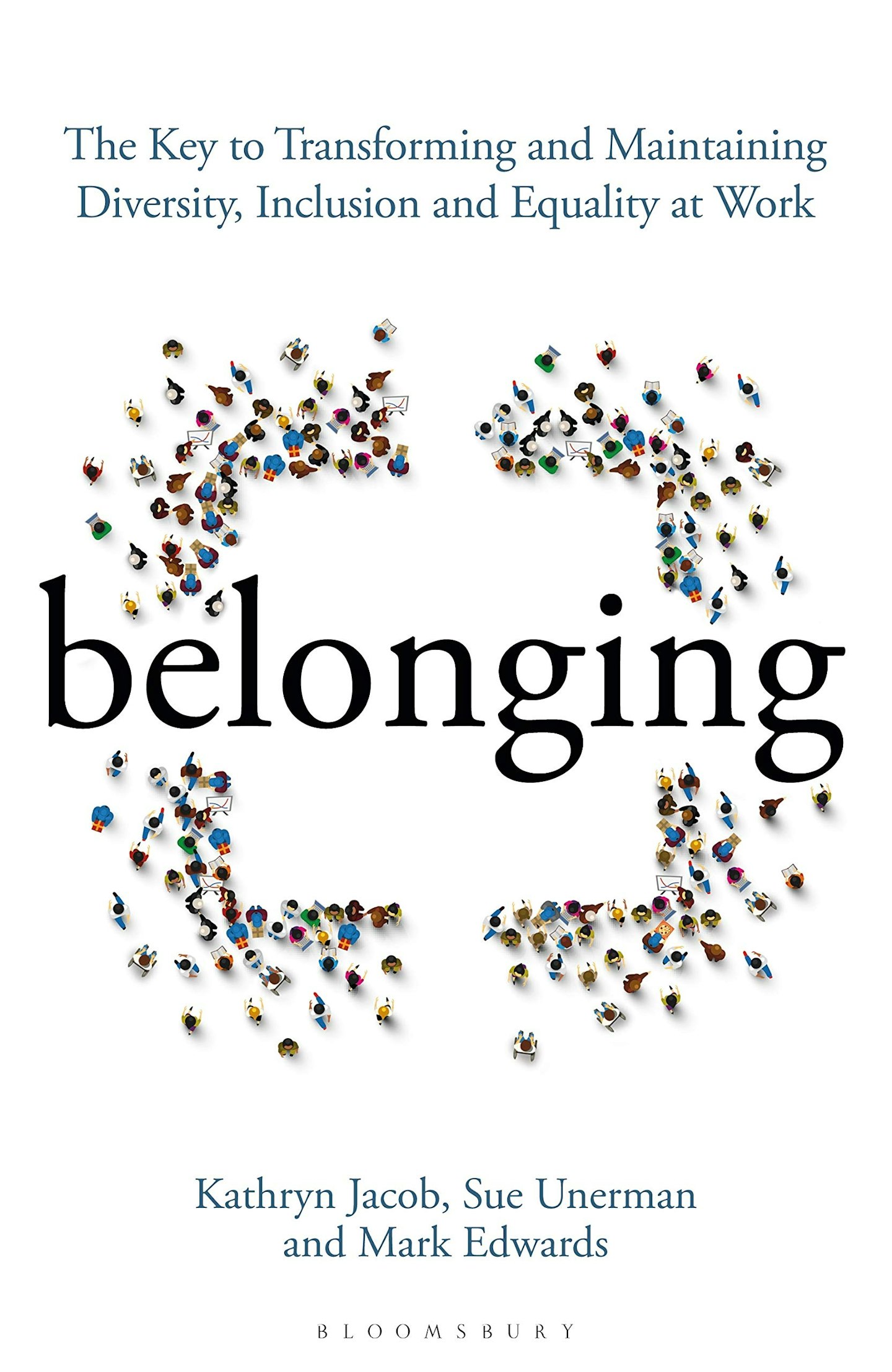Arguing in public is very taboo. Saying: “with due respect, I can’t agree” or even “I understand what you want but I must say no” to your boss, is almost unheard of in many companies, unless it’s very private. This thinking needs challenging and dismantling.
Why shouldn’t you disagree with your boss? Are they meant to be infallible? Unless you’re working for the Pope, this is unlikely (and even then, but let’s not go there.)
The idea that the person at the top of the hierarchy is always right is of course wrong. Yet somehow even though few bosses would claim to know everything disagreeing with them isn’t usually encouraged in front of other people.
Of course, continual rows and aggression in the workplace (or elsewhere) is unacceptable and unproductive. But not daring to disagree is unhelpful and unhealthy.
Here’s two ways in which this makes the organisation weaker not stronger.
First it encourages a “parent child” culture in the business. The theory of “Transactional Analysis” suggests that there are 3 states in which we can interact with others. There’s as a child to parent; child to child; adult to adult. If the hierarchy at work insists on interacting with the staff as children, if management treats them like a child, then they’ll struggle to develop initiatives as well as they potentially might. This behaviour includes shielding them from every bit of difficult news, insisting that they do as they are told and giving them free drinks to keep them happy. Of course, everyone needs to develop at their own pace but sugar coating everything isn’t a great policy and is bound to backfire.
One of the key indicators of this culture is insisting that the bosses shouldn’t ever be challenged in public. Every great boss I’ve worked for has been open to challenge and more than able to take on new, even challenging ideas, no matter who or where they come from.
Secondly not arguing with the boss stifles dialectic. Dialectic is when an argument builds from one theory, or thesis, when confronted with a different point of view or antithesis, to a synthesis or better idea based on rigorous debate and logic. If one of the participants is intimidated by the other, as you might imagine, it doesn’t work as well. The answer to this is sometimes therefore to ensure that no-one is ever challenged so that no-one is afraid to speak up. This too backfires as there can be no open arguments. It is far better to create a culture where rigorous debate is not just tolerated but encouraged.
There’s another effect too. If no one sees anyone speaking up to someone with power, (ie to the person who writes their review, who has the potential to block their pay rise or promotion), then you’ll get much more conformity of thinking and behaviour in the business. Without diversity of thought there’s no freedom for people truly to be themselves in all their diverse glory.
So how do you go about disagreeing with your boss’ point of view?
Disagreements usually centre around one of these three areas
-
We are using different facts and evidence
-
- We are interpreting the evidence differently
-
We are interpreting the evidence differently
-
- We fundamentally disagree.
-
We fundamentally disagree.
The first thing to do is to work out which disagreement you are having. If it’s a) or b) then you can share the evidence and discuss your different interpretations. But if it is c) then you need to use non-inflamatory language – for instance don’t say “you are wrong”. Instead say “my opinion is..”
Try and work out what your boss really wants out of the situation, it may be that he feels threatened by your opposition, and if you make them feel secure, they will find your point of view more palatable. So try flattering them, and then landing your point of view.
There is much more about this in our new book Belonging, the key to transforming and maintaining diversity, inclusion and equality at work.

Belonging by Kathryn Jacob, Sue Unerman and Mark Edwards is available now from Bloomsbury.
